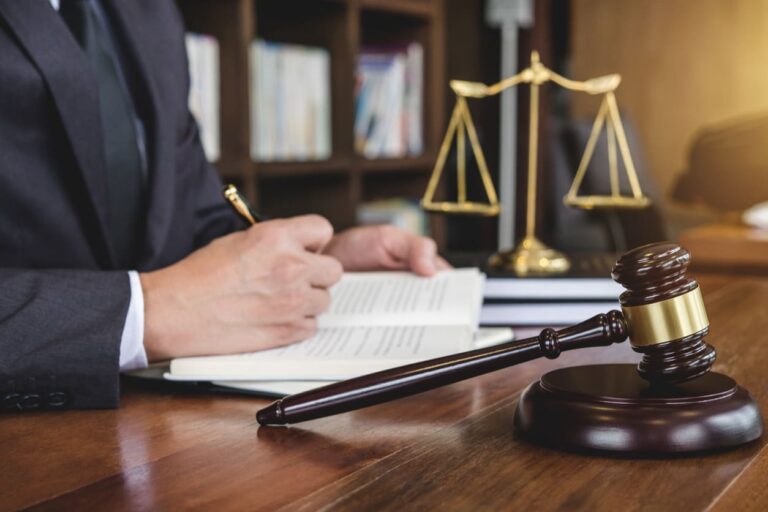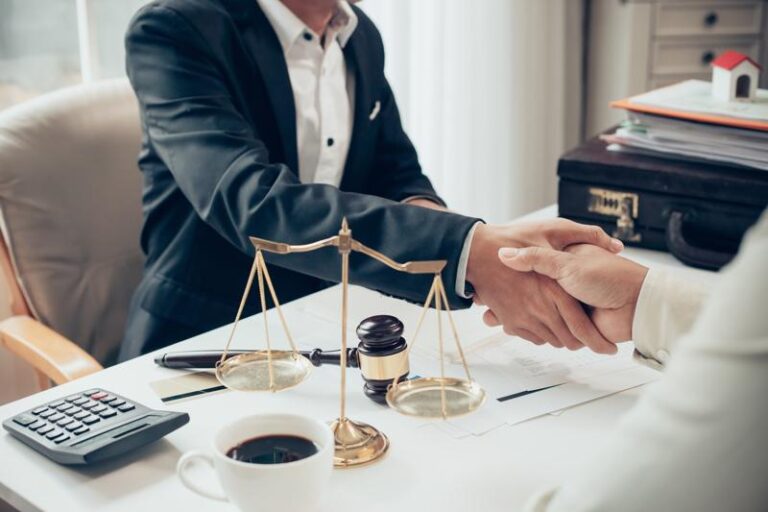Whether you’re designing an innovative new product, creating a musical masterpiece, or deciding on a unique name and logo for your new business, it’s a good idea to ascertain whether you may be infringing on someone else’s rights. You want your idea or new product to carry your distinctive mark, even if it means tweaking it slightly to make it unique, and you certainly don’t want to find out further down the line that you have inadvertently copied someone else’s idea.
And while you’re in the process of ensuring your uniqueness, it’s a good time to formalize your brilliant ideas and get the law on your side to protect you from any possible infringements.
It sounds quite simple, but how do you tell whether you need a patent or a trademark? And what about copyright?
As a quick guide:
- Copyright protects intellectual property like artwork, writing, music, and software coding.
- A trademark protects company names and logos, product names, brand identities, and slogans.
- A patent protects an original invention or design, or further modifications if required.
We provide some further details as a guide to registering your creation, together with a brief insight into the legal implications of each process.
Copyright
According to the US Copyright Office: “Copyright is originality and fixation.”
Original work is created by a human and has a degree of creativity. It means that you have created the item yourself, without copying it from someone else. Copyright protects expression, but not ideas, methods, procedures, systems, concepts, principles, or discoveries.
Fixed work is when the item created is captured in a sufficiently permanent medium such that it can be evaluated, perceived, or communicated for a length of time.
Work done by an employee as part of their scope of employment belongs to the employer, and work done under contract belongs to the beneficiary of the contract.
Copyrights can also be bequeathed.
The term of the copyright is a term for life plus 70 years after the author’s death. In the case of joint copyright, the term is 70 years after the death of the last surviving author.
Works made for hire, anonymous works, and works done under a pseudonym have a copyright term of 95 years from publication or 120 years from creation, whichever is the shortest period.
Copyright owners are allowed to:
- Reproduce their work or prepare derivatives thereof.
- Distribute copies of their work by sale, rental, lease, or loan.
- Perform or display their work publicly in the case of literature, music, drama, or choreography.
Motion pictures, other audio-visual works, and digital-audio transmission are also permitted.
The owner of the copyright is permitted to authorize other parties to exercise these rights, subject to certain statutory limitations.
Agreements, limitations, and exceptions: As members of the general public, even though we don’t own the copyright, we may listen to music, read books and poetry, watch movies, or use copyrighted software. We do so by buying the books and paying to go watch movies and plays. Despite copyright limitations, however, we may make use of the fair use index to determine the boundaries of copyright use. The fair use index spans multiple federal jurisdictions and tracks a variety of judicial decisions put in place to help legal and non-legal people better understand copyright laws. It is surely interesting reading for the aspiring Juris Doctor, and in this vein, the Juris Doctor degree online at Cleveland State University with its involvement in the teaching of core legal concepts, performing research and analysis, and honing your professional competencies is bound to be of interest as well.
Trademark
The US trademark laws are governed mainly by the Lanham Act, which states that common law trademark rights are automatically acquired when a business uses a name or logo. These rights are enforceable in a court of law. However, trademarks registered with the US Patent and Trademark Office are given a higher degree of protection when contested in a federal court of law. The Lanham Act, also known as the Trademark Act of 1946, establishes guidelines for governing trademarks, service marks, and unfair competition.
Patent
A patent protects a company’s or individual’s original invention for a period of 20 years and is subject to regular payment of a fee. Thereafter, the details of the invention are published.
There are three types of patents in the US: utility, design, and plant patents.
The utility patent protects a new invention of a product, process, machine, or article of manufacture and includes any useful improvements on an existing patent. The patent prevents anyone else from making or selling your invention without your consent. This includes technical and software companies.
A design patent is the protection of an ornamental feature or design of a product, such as the shape of the Coca-Cola bottle, or the unique design of a shoe.
A plant patent may be granted to someone who invents or discovers a new plant and has asexually reproduced the plant.
The Patent Cooperation Treaty makes it possible to apply for an international patent that is recognized in more than 150 countries worldwide.
Registering a patent requires a sound application, and it is important to get it right. Consider employing the services of a good legal firm that specializes in patents. Your application needs to confirm that you are in fact in possession of your invention and describe it in a manner that is precise and detailed.
An option exists to file a provisional patent application, but this too needs as much detail as possible, and is only a temporary measure.
Conclusion
Whether it’s a magnificent work of art, an ingenious piece of engineering, or a fabulous new design, it’s your legacy, and it needs to be protected during your lifetime, and that of your offspring. Learn what kind of legal protection it needs so that your profits, brand, and story remain wholly yours.







